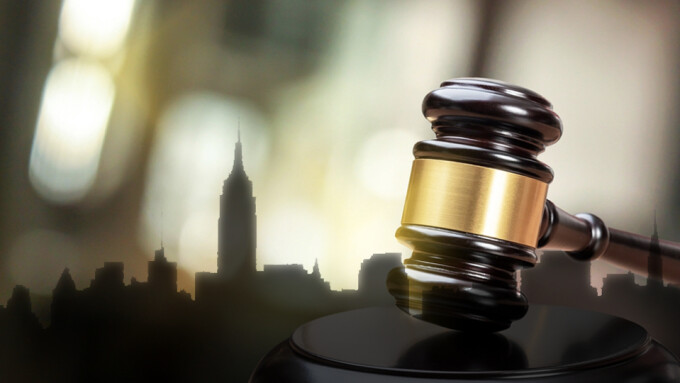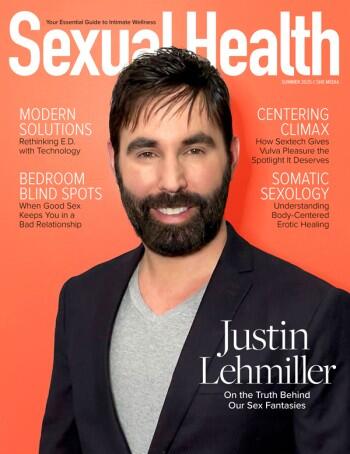NEW YORK — A group of adult businesses on Tuesday petitioned the U.S. Court of Appeals for the 2nd Circuit to rehear a case involving a zoning law that could severely limit adult stores’ operations in New York City.
As XBIZ reported earlier this month, on July 8, a panel of three 2nd Circuit judges upheld a lower court’s decision to allow enforcement of a 2001 zoning law aimed at forcing adult retail stores out of most parts of New York City.
The newly filed petitions ask for an “en banc” rehearing before the full complement of 2nd Circuit judges.
The petitions state multiple reasons for a rehearing, including that the three-judge panel failed to independently examine the whole record to ensure its judgment did not violate free expression rights; that the panel overlooked dramatic decreases in the numbers and concentration of adult businesses since the 2001 amendments were enacted, so that there is no longer a substantial governmental interest in restricting adult businesses in the same way; that the panel failed to apply a requisite “How Speech Will Fare” test, thus ignoring the danger that the ruling could result in “an immediate devastating impact on the public’s access to this type of expression”; that the panel overlooked findings indicating that impacted adult businesses were not causing negative secondary effects; and that the panel overlooked New York City’s burden of proving that the zoning restrictions do not impinge on speech more than is necessary.
En banc review, the petitions argue, is also warranted because the panel’s July 8 decision conflicts with precedents in multiple Supreme Court rulings, and because the panel concluded that adult ordinances are content-neutral, while the plaintiffs insist that the zoning laws are “clearly content-based regulation and should be subject to heightened scrutiny.”
The issue of appropriate level of scrutiny echoes the question at the core of the U.S. Supreme Court’s recent pivotal decision in FSC v. Paxton. In that case, the Supreme Court ruled that only “intermediate” scrutiny was called for when assessing age verification laws' potential impact on free speech.
A Multi-Decade Legal Saga
New York City’s 1995 Zoning Ordinance prohibited adult entertainment businesses in most areas, notably including a swath of midtown Manhattan as part of the effort to “clean up” Times Square and adjacent areas — an effort that the plaintiffs’ new petitions note was successful. The law originally included provisions defining businesses as adult establishments if 40% or more of their area or stock involved sexual content.
A 2001 amendment eliminated that 40% rule, which the city claimed was too easy for businesses to circumvent, and instead took aim at any business that “primarily” markets adult entertainment, from strip clubs to bookstores and video stores.
That provision was held up in litigation for the past two decades as adult businesses challenged its constitutionality, claiming it violated their rights to free speech and equal protection.
Last year, a district court judge ruled that New York would be within its rights to enforce the amendment, forcing even establishments that may have technically fulfilled the 60/40 requirement to relocate to the few areas in which such businesses would still be permitted or to move out of the city.
The plaintiffs appealed that ruling to the 2nd Circuit, and the three-judge panel's rejection of the appeal on July 8 gave the city the green light to resume enforcement.
Even in the parts of the city where zoning regulations permit adult businesses, additional regulations mandating a minimum distance from adjacent residential areas, schools, other adult establishments, and houses of worship could make it extremely difficult for adult stores to relocate.








